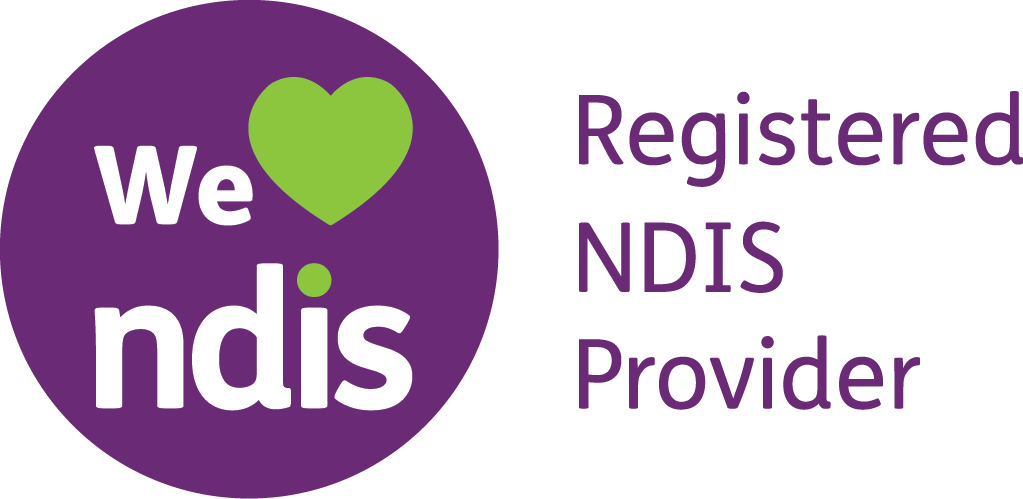Development of Daily Living and Life Skills
Are you looking for Development of Daily Living and Life Skills? If yes, you are at the right place with us!
Hope and Integrity Care is here for you on providing Daily Living and Life skills development services.
The development of daily living and life skills is a crucial aspect of human growth and independence. These skills encompass a wide range of abilities that enable individuals to navigate their everyday lives effectively, promoting self-sufficiency, autonomy, and overall well-being. The process of acquiring these skills typically begins in early childhood and continues throughout one’s lifespan.
In early childhood, basic daily living skills are established, such as dressing oneself, feeding, and personal hygiene. As children grow, they learn to communicate effectively, solve simple problems, and develop social skills through interactions with family, peers, and the broader community.
During adolescence, life skills expand to include more complex tasks such as time management, decision-making, and financial literacy. Teenagers learn to plan and organize their schedules, handle peer pressure, and make responsible choices. As they start to explore higher education or employment opportunities, they acquire skills like resume writing, job interviewing, and managing finances.
Adulthood marks a critical stage in life skill development, as individuals often experience greater independence and responsibilities. Skills related to maintaining a household, such as cooking, cleaning, and basic home repairs, become essential. Additionally, individuals refine their financial skills, learning about budgeting, investment, and long-term financial planning.
Throughout life, individuals also continue to develop emotional intelligence and coping strategies to manage stress, conflicts, and mental health challenges effectively. Building strong interpersonal skills enables them to establish and maintain meaningful relationships, contributing to their overall well-being and life satisfaction.
Acquiring daily living and life skills is not limited to formal education; individuals also learn from real-life experiences, observation, and guidance from family, mentors, and role models. Encouraging and supporting the development of these skills from an early age is vital, as they form the foundation for a successful and fulfilling life.
In conclusion, the development of daily living and life skills is an ongoing and dynamic process that spans across a person’s lifespan. From basic tasks in early childhood to complex decision-making in adulthood, these skills empower individuals to lead independent, successful, and emotionally healthy lives. Fostering these abilities in individuals contributes to personal growth, self-reliance, and societal well-being.

